Herbalism is your birthright.
Herbalism is your birthright.
The land's treasures need not be held by gatekeepers of knowledge or overly complicated processes.
Your very cells know what to do, if you listen closely enough.
For most of the time humans have walked this Earth, we have been in relationship with the green world around us- gathering food, medicine, and beauty. Modern times may have given us the illusion of separateness, yes, but every single one of us has an ancestral line that knew better. And how did they come to know which plant to use for what or how to best prepare this one? Trial and error, yes, but indigenous peoples echo the same answer all over the planet- the plants told them.
The plants have always told them.
It may seem a strange thing, to listen to plants, in our cold, sterile world of laptops and city buses- where the only answers we are given come in orange plastic bottles. Where we barely listen to ourselves and each other. But there are ancient, deeply useful lessons to be gleaned if we set our egos aside for a moment and allow the wisdom of those who came before us to whisper in our ears.
It can be as simple as learning one plant, and as easy as making a cup of tea. Even easier- sit next to said plant, get quiet, and breathe. It may sound crazy, but this could change your life. Coming into relationship with plants opens our awareness to the entire world around us- to our connection to every other living being. It may not happen overnight, but just like any other relationship, you reap what you sow.
And when we make that connection, we see how free we truly are.
If you'd like to start, but don't know where or how, I invite you to take a walk. Find one plant that you can easily find day after day. It could be a tree, or a shrub, or even something small growing out of the sidewalk. Visit it at least twice a week, for whatever length of time is comfortable for you- it could be five minutes. Maybe bring a notebook, so you can log your observations. Make note of how it looks- does it have flowers? Are the leaves smooth or ridged? How tall is it? What kind of environment is it growing in? Is it sunny, shady, or both? Is there water nearby? Maybe rub a leaf between your fingers and observe what it feels like and smells like. When you're satisfied with your physical observations, close your eyes. Just sit and breathe. How do you feel, sitting there with the plant? (Maybe a little silly to passers-by?) Do you feel anxious or calm? Do you see any colors? Is there a recurring thought that keeps coming up? Do you see anything? Write all of this down, even if the answers seem boring or mundane. When you're done, thank the plant and leave.
This simple practice is the very basis of forming deep relationships with plants. You can also do this with potted plants. Over time, you will not only become very familiar with how that plant looks- so familiar that finding it outside of your usual meeting place will feel like when you see a family member at the grocery store- but you'll begin to see patterns in your non-physical observations. You will learn the nature of the plant, who it is. You will watch it change through the seasons, and observe how each part changes, how its life-force travels through it. Look your plant up in a field guide, if you're not sure what it is. After a while, compare your own observations with what our predecessors have recorded about it. After making sure your plant is safe for consumption, try drinking it as tea. Explore its other historical uses.
This is how we start.
I hope you will try. We can go on and on about policy change and pollution, but nothing will change if humans stay in this mindset of separateness. Why would we care about our living, breathing ecosystem if we view it as merely the background to our more significant lives? If we care, we can do better. And if you could support your own wellness and that of your family with plants you've come to know and love, wouldn't you? We're all here right now and we're all in this together.


